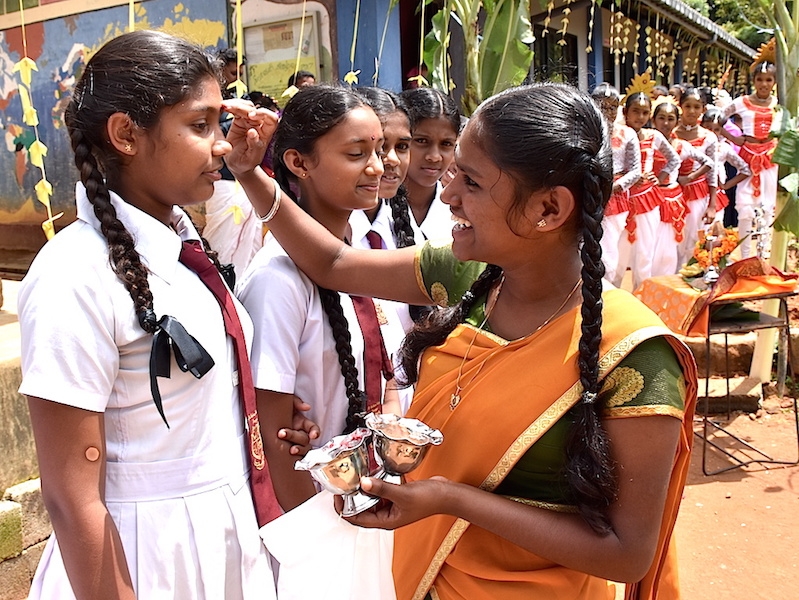District Inter Religious Committees (DIRCs) in the Galle and Matara districts carried out Community Cohesion activities and Mitigatory Interventions under NPC’s Religions to Reconcile project funded by the United States Agency for International Development (USAID) and implemented with a Jordan-based partner organization, Generations For Peace (GFP).
The 26-month project, which began in October 2016, targets the districts of Kilinochchi, Mullaitivu, Mannar, Puttalam, NuwaraEliya, Galle, Matara, and Ampara.
The project focuses on strengthening community networks mentored by religious leaders and engaging them in building consensus for a Transitional Justice (TJ) process and helping communities evolve a pluralistic national identity. It is based on strengthening inter religious people-to-people community engagement for reconciliation and social cohesion in Sri Lanka.
MitigatoryInterventions are community based activities aimed at addressing an inter religious or inter ethnic issue present or are brewing in a community and have the potential to lead to a conflagration in the future. They are identified by DIRC members and discussed during their meetings and a possible solution is devised by them to address the issue.
In Matara, the DIRC addressed potential dissent in the community in relation to religious conversions that has led to fractured community relations between Buddhists, Hindus and non-Catholics in the area. The DIRC organised a visit for Deepavali to the Ensalwatte Tamil Junior School, identified as the least developed school in the Matara District.
A group of 60 students from St Mathews College in the Deniyaya town, parents and teachers travelled to Ensalwatte with the DIRC for a half day programme of cultural performances. The basis of the programme was to understand that despite differences, people in a community could come together to celebrate each other’s cultural activities.
The Principal of the Ensalwatte Tamil Junior School and member of the Matara DIRC, Mr. S. Uthayakumar, said that reconciliation would be a reality if the future generation understood the concept of living together in one community.
The Matara Local Politicians and Community Leaders Sub Group carried out a Community Cohesion activity by organising an Ayurvedic medical camp aimed at creating awareness on the dengue epidemic and treating diabetes related complications. A group of seven Ayurveda doctors treated 190 patients during the medical camp.
In Galle DIRC’s youth group organized a cricket tournament and the women’s group presented cuisine from cultures during the event.
Galle DIRC carried out their Mitigatory Intervention and Community Cohesion activity by identifying possible conflagration between Tamil estate workers in the Katandola Estate in Elpitiya and Sinhalese villagers in the adjoining village over the provision of water and aimed to address this by setting up a community water system. It included cleaning up and repairing a disused well, setting up a water tank and motor and laying pipelines to provide water for the estate line rooms and village homes.

